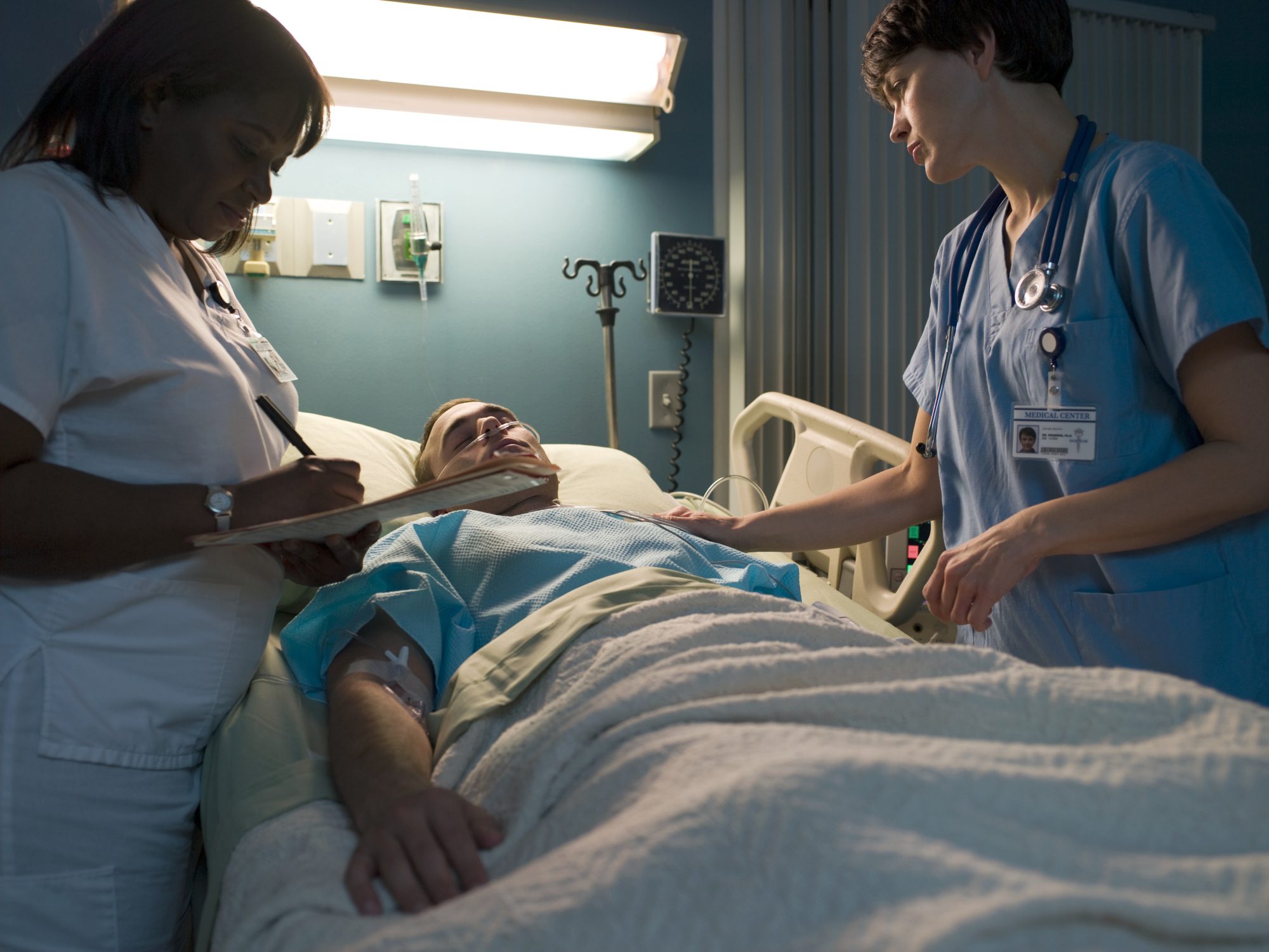McMaster study sees unconscious ICU patients pedalling back to health

Thanks to some pedals, intensive-care-unit patients in the future may be less at risk of dangerous muscle atrophy. New research at McMaster University is suggesting that some unconscious ICU patients are still able to pedal a bike. This research could lead to a valuable understanding of how to combat muscle loss in unconscious or sedated patients.
A quarter of patients who survive critical illness in the ICU suffer from prolonged weakness for as many as five years because of muscle loss and more than half never return to work, the Hamilton Spectator reports.
Michelle Kho, a scientist at McMaster, is one of seven researchers sharing $6.2 million in funding for Canada Research Chairs.
Kho is using her funding to study 33 ICU patients attached to breathing machines. The patients will have their feet positioned on motorized pedals of a stationary bike attached to their beds. If the rate of rotation of the pedals is faster than the speed at which the motor turns them, the researchers know the patients are doing at least a small amount of pedalling themselves.
The team is finding that some patients are able to put in low levels of consistent effort on their own toward pedaling.
If the patients can pedal at least minimally by their own strength, the behaviour opens doors for combating muscle atrophy from prolonged periods of unconsciousness or sedation in hospital. In turn, after leaving hospital, they will be in better shape to recover and lead a healthy lifestyle, and potentially return to work or more quickly regain the strength they had before their admission to hospital.
“It’s the patients who inspire me,” Kho told the Spectator, “and the idea that my research program can provide them and their loved ones with hope that they can lead healthy, productive lives after they’ve been discharged from the ICU.”
